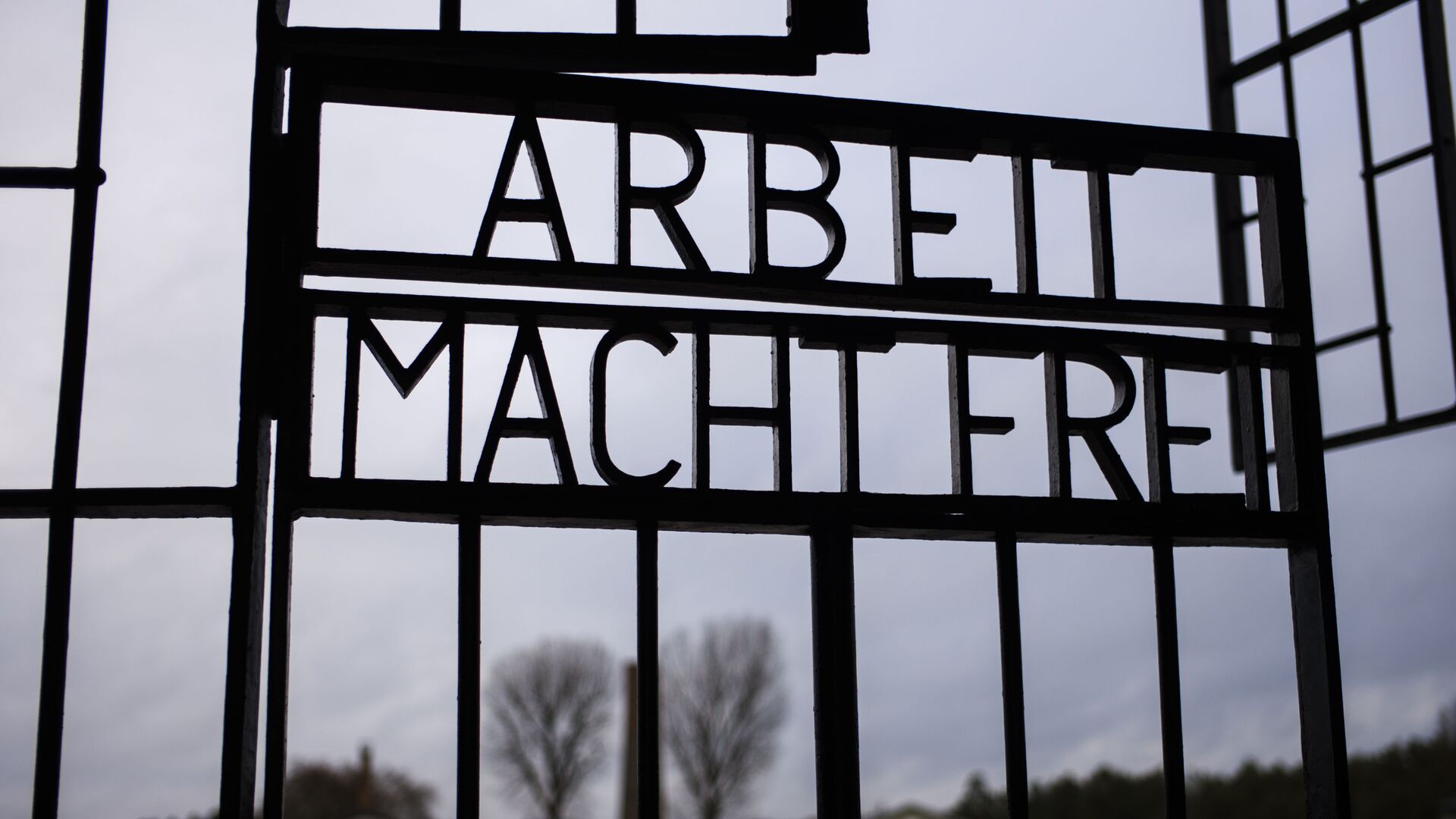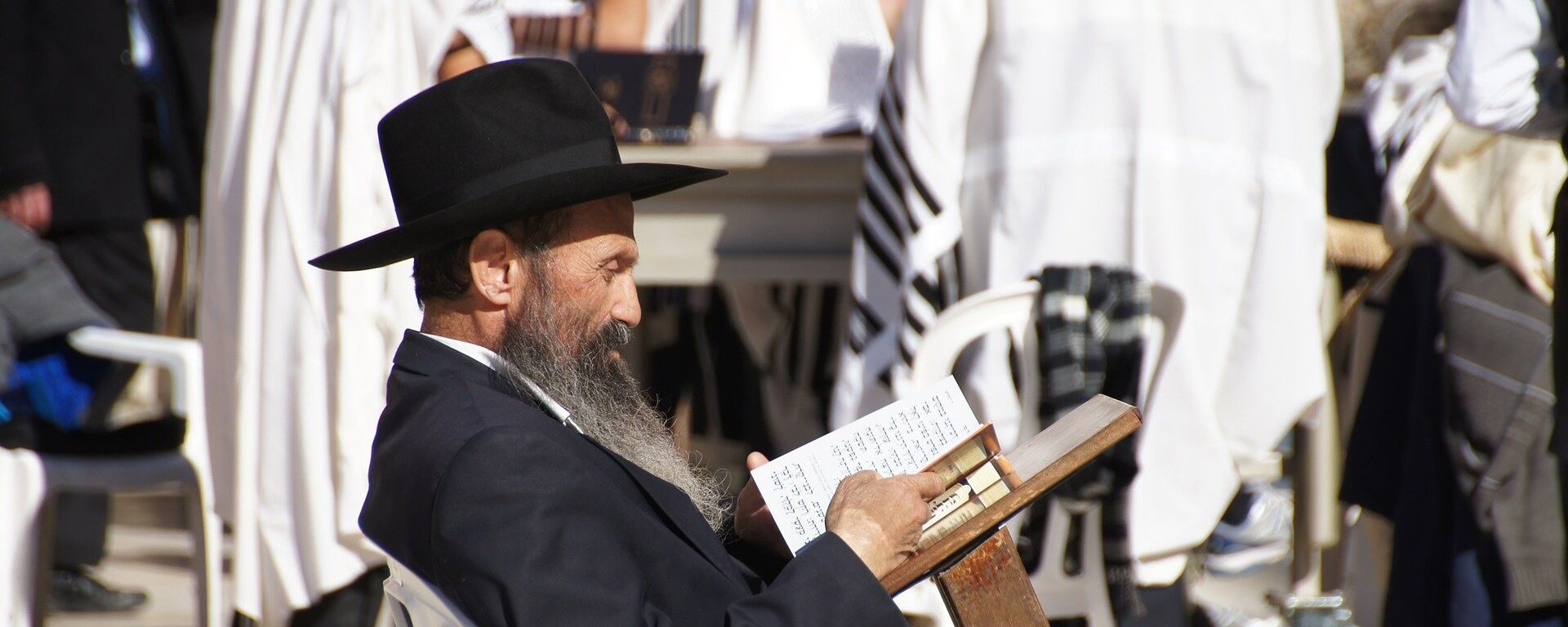The Swedish government wants to make it a criminal offence to deny the Holocaust, Justice Minister Morgan Johansson said, announcing that a parliamentary committee will be appointed to review what such legislation should look like.
"The Holocaust is the greatest crime in world history, and it must not be forgotten. Those who try to make the world forget and shuffle the cards, they must be held accountable for it", Morgan Johansson said, as quoted by national broadcaster SVT.
The justice minister mentioned several reasons for the law, including a growth in right-wing extremism and the dwindling number of survivors and eyewitnesses.
Several parties, however, are critical of the government's proposal to ban Holocaust denial as ineffective and dangerous for freedom of speech.
"It is impossible to just throw a ban at it. It doesn't change anything fundamentally", the Liberals member of the constitutional committee Tina Acketoft told SVT.
"We see Holocaust denial as a disgusting attitude, at the same time I think it is a dangerous way to make restrictions on constitutional freedom of expression and opinion", Sweden Democrats cultural policy spokesman Aron Emilsson told SVT.
The Christian Democrats and the Greens are also sceptical.
Even organisations working against anti-Semitism are not sure it is the right way to go.
"The problem is that it is difficult to write a law that works. There are anti-Semites and Holocaust deniers even in countries with bans", Svante Weyler, the chairman of the Swedish Committee against Anti-Semitism (SKMA), told SVT. "Every time someone denies the Holocaust, it is of course an insult, but the mere thought that someone would be prosecuted and then acquitted could be counterproductive. We know from countries with a ban that it is not an easy thing to bring the Holocaust denier to justice. It is more important to learn as much as possible about the Holocaust and spread that information", Svante Weyler said.
"Today we have major problems with increased activity among neo-Nazis and pro-violence Islamists, and we see that the police and prosecutors don't always have time to take care of it. Maybe this is where you should start", Aron Verständig told SVT.
In several EU countries, including France, Germany, and Italy, it is forbidden to deny the Holocaust. In Sweden, the issue has been discussed occasionally since the 1990s, but so far a ban has not received political support. Overall, 16 European countries, including Russia, and Israel have laws in place against Holocaust denial.





